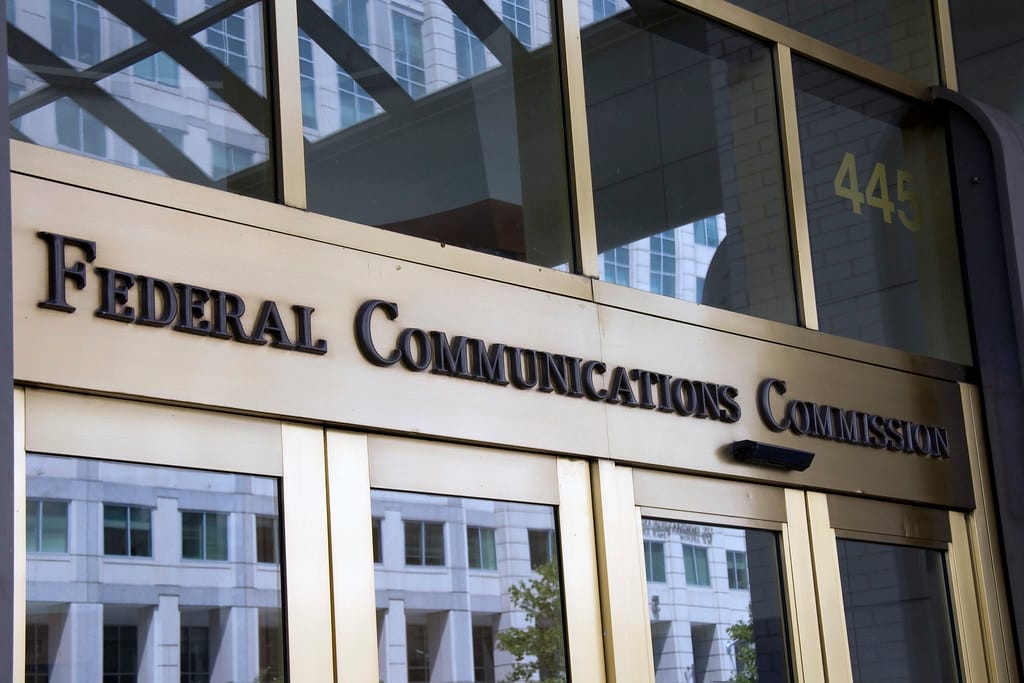Industry, Non-profits React Predictably to FCC’s Proposed Net Neutrality Reinstatement
Many public interest groups highlighted what they said was the increased importance of broadband as a public utility.
Jericho Casper

WASHINGTON, December 18, 2023 – The public comment period concerning the Federal Communications Commission’s October decision to reclassify broadband as a Title II telecommunications service concluded on Thursday with a clash between industry stakeholders and public interest groups.
The FCC’s net neutrality rulemaking proposes to reclassify broadband internet as a telecommunications service and to reinstate the 2015 Open Internet Order put in place by Obama administration FCC chief Tom Wheeler. The rules ensure that broadband providers do not block, throttle, or engage in paid prioritization of internet traffic.
Trump administration FCC chief Ajit Pai and the then-GOP majority repealed these rules in 2017. Chairwoman Jessica Rosenworcel is now working to reverse that decision, continuing the partisan division on the issue.
As in in 2015, the new proposal plans to forebear from imposing many Title II requirements – rules pertaining to common carriers – on broadband service providers. For example, the FCC said that it would not use Title II to set the prices that broadband service providers can charge in the future.
Additionally, the FCC has put forward new arguments that reclassifying broadband service providers under Title II would help the FCC achieve goals beyond net neutrality, including national security, public safety, and individual privacy.
Democrats have not had majority control at the five-member FCC until early October. That marked the first time since President Biden assumed office that Rosenworcel has had a majority available to her.
Stark divisions in attitude
Most of the public interest advocates supported reclassification and many highlighted what they said was the increased importance of broadband as a public utility. Since the COVID-19 pandemic, there has been increased digital reliance for education, work, healthcare, and commerce.
Conversely, most industry stakeholder rebuffed any need to reinstate any net neutrality rules beyond the transparency requirement, the one aspect of the agency’s original rules that remain on the books.
More than 10 public interest groups representing low-income Americans voiced support for Title II, as well as, the Universal Service Fund, emphasizing the increased importance of enforcing Section 254 under Title II which reads “quality services should be available at just, reasonable, and affordable rates” as the broadband affordability landscape has changed since 2015.
The Electronic Frontier Foundation called the Trump administration gutting of the original rules “a profound mistake”, and urged a return to the 2015 Open Internet Order. EFF said that discriminatory practices by broadband service providers have already occurred since the reversal of 2015 net neutrality rules.
Public Knowledge criticized what it referred to as the previous FCC’s disregard for consumer protection, competition, and oversight.
But industry groups including ACA Connects argued that Title II reclassification would impose burdens to smaller broadband providers, including stifling innovation and increasing deployment costs.
Similarly, the Wireless Internet Service Providers Association filed comments saying that there has been an increase in competition in the broadband marketplace, eliminating any need for net neutrality regulation of smaller providers.
Both AT&T and T-Mobile emphasized the need to protect broadband access without stifling innovation, calling for a balanced approach.
More than 46,500 comments have been filed in total to the FCC since it opened the open internet docket. Reply comments are be due January 17, 2024.








